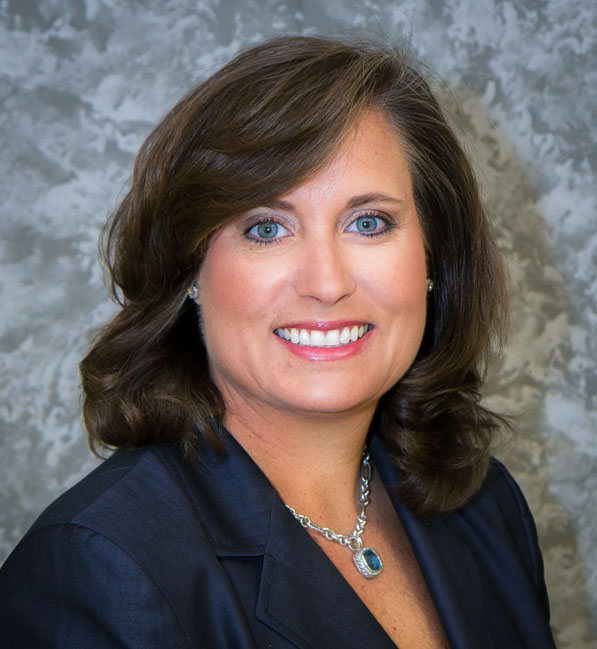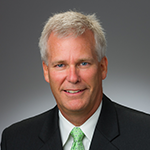
By now, the inevitable talent gap in the oil and gas industry is well documented. Companies have failed to attract new recruits as an existing workforce ages. J.R. “Bob” Sparger is trying to change that. The senior vice president and chief accounting officer and his team at Targa Resources have spent the last four years implementing a dynamic workforce development program aimed at replacing an aging talent pool while better equipping current employees.
Is the talent shortage as bad as has been reported?
Bob Sparger: For us, it’s definitely a reality. We’re dealing with an aging workforce to a great extent, especially around operations, accounting, and related areas. The industry had major layoffs in the ’80s and ’90s. Talent was flushed out and never replaced. As an industry, we’ve not done a good job of recruiting or training people.
What factors are behind this?
Sparger: It’s a cycle. Now, everyone is trying to hire people because times are good. The exploration and production guys are offering high salaries to undergrads, but if the oil prices drop again these people could eventually be laid off just like in the past.
And that’s why you’ve created a new program. Tell me about that.
Sparger: At Targa, we started talking about everything that was going on and realized we had to do something. A few of us came up with a workforce development program that we started in my area of accounting, in 2010, and is being rolled out to other divisions. We have a responsibility to our stockholders and management team to make sure we have the right people in place to get the job done here. The idea was to go onto campuses, recruit students, and give them a new work experience more in line with modern thinking. We started in 2010 and have had 24 people participate.
What is the modern worker looking for in their career?
Sparger: It used to be that people would start a career in one place and stay their whole career, but those days are long gone. I actually moved around a lot in my career and have an affinity with the younger generation who want to gain a broader set of skills, deeper knowledge, and different experiences. We try to provide that. Our program isn’t a rigid rotation. It’s driven by learning capacity and by the needs of the organization.
How might a new recruit move through that rotation?
Sparger: Our second hire through the program was an energy finance major, but he has gone through all of our gas accounting tracks. He opted out of the analyst program to do that because we’d given him a broad view of all of the accounting and transactional processes. We moved him through and taught him the whole business. Another hire started in gas processing but discovered a passion for financial reporting. He’s happy there. The trick is to check in often and discuss their interests, how they’re doing, and what their next assignment might be. It becomes very motivating for them.
You mentioned earlier that recruitment is getting competitive. How do you deal with that?
Sparger: We’re looking for something different. We’re not hiring based on grade point average, and we’re not going to compete with big accounting firms and banks in the accounting side. We look for well-rounded people. We look at extracurriculars and skills. We don’t obsess over technical abilities but instead focus on how someone works in a team and how they communicate. I don’t need someone that has memorized everything at a university level. Most of our jobs don’t require that knowledge and we can teach them what they really need to know. There are 130 people in accounting, and maybe 10 positions that require CPAs.
Are you afraid that you’ll invest in these students only to watch them walk away?
Sparger: Oh, a lot of them will leave. Over time we’ll probably lose half, but the bonus is the half we get to keep. People will also choose to chase the money. The industry will see 4–5 percent merit raises in 2014. Everyone needs talent and everyone is willing to pay for it. We got two recent rejections because exploration and production companies are offering 10 percent above our escalated market wages.
Where do you hope to take the process from here?
Sparger: We’re still rolling the process out to the whole company, and later this year we’ll offer our training to everyone—even those people who have been here 30 years. It started in accounting and support, but we’re adding the commercial people to the process. We think we have a successful program based on what we’ve already accomplished. The ability to extend it first into the commercial arena would be successful by itself, but the home run is if we can pull in engineering, because it’s by far the most complex.
What’s at stake?
Sparger: Every company has culture. If we do the program right, if we’re able to bring people in who fit the culture, have skill sets, and apply them organizationally, then we avoid turnover. It costs you three times as much to replace a person as it does to train and keep them. This has a real chance to put us ahead of the game as we move into the future.

